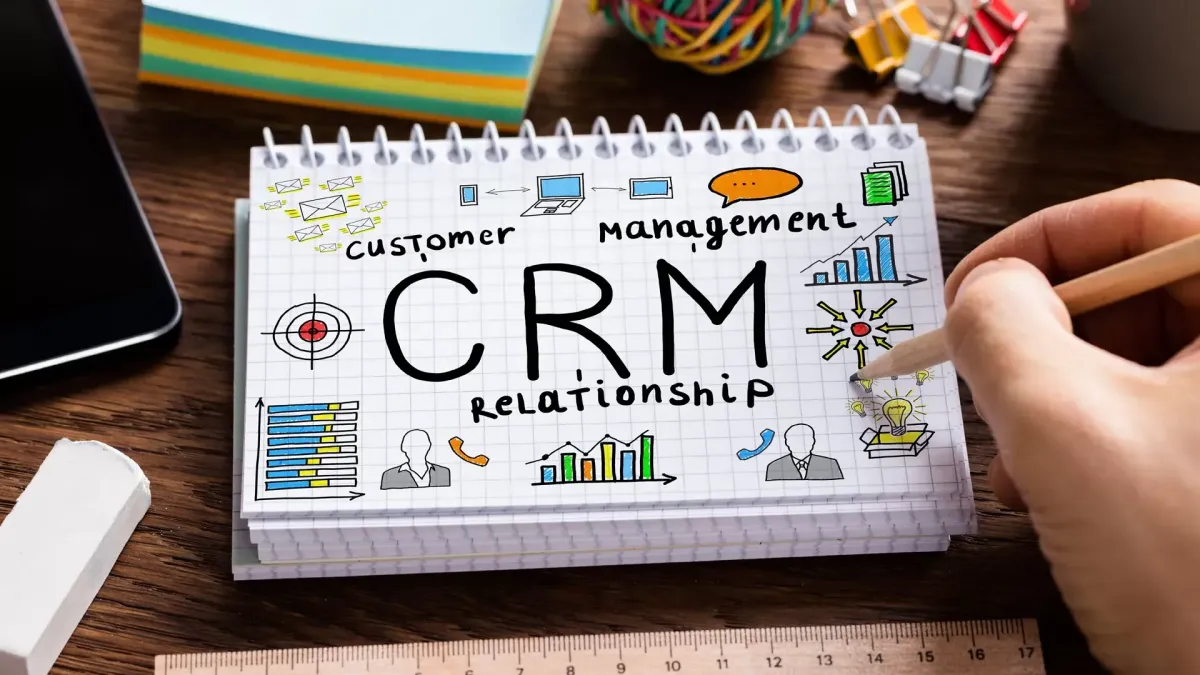
The Risks of Using Cheap CRMs
“In this world, you get what you paid for.” - Kurt Vonnegut
The Risks of Using Cheap CRMs
Explore the dangers and drawbacks of opting for low-cost CRM solutions for your business.
Lack of Customisation and Scalability
Choosing a cheap CRM often means sacrificing customisation and scalability. These low-cost solutions may have limited options for tailoring the system to fit your specific business needs. As your business grows and evolves, you may find that the CRM lacks the flexibility to adapt and accommodate your changing requirements. This can hinder your ability to effectively manage customer relationships and hinder your overall business growth.
Additionally, cheap CRMs may have limited scalability options. They may not be able to handle a large volume of data or support a growing customer base. This can lead to performance issues and system slowdowns, which can negatively impact your business operations and customer satisfaction.
Data Security Concerns
One of the major risks of using cheap CRMs is the potential compromise of data security. These low-cost solutions may not have robust security measures in place to protect your sensitive customer information. This puts your business at risk of data breaches, unauthorised access, and data loss.
Without proper data security measures, you may also face compliance issues with data protection regulations. This can result in legal consequences and damage to your company's reputation. It is crucial to prioritise data security when choosing a CRM solution to safeguard your business and customer data.
Limited Customer Support
Cheap CRMs often come with limited customer support options. When you encounter issues or need assistance, you may find it difficult to get timely and reliable support from the CRM provider. This can significantly impact your ability to resolve problems quickly and efficiently.
Without proper customer support, you may experience prolonged system downtime, which can disrupt your business operations and affect customer satisfaction. Investing in a CRM with robust customer support ensures that you have access to assistance when you need it, minimizing any potential disruptions to your business.
Integration Challenges
Integrating a cheap CRM with other business systems and tools can be challenging. These low-cost solutions may not offer seamless integration options or may have limited compatibility with third-party applications. This can hinder your ability to streamline your workflows and consolidate data from various sources.
Integration challenges can lead to data discrepancies, manual data entry errors, and inefficient processes. It is important to consider the integration capabilities of a CRM before making a decision. Investing in a CRM that offers easy integration with your existing systems can improve efficiency, productivity, and data accuracy.
Potential Long-term Costs
While cheap CRMs may seem appealing due to their low upfront costs, they may result in higher long-term costs. These low-cost solutions often come with limited features and functionalities, which may require additional investments in the future as your business needs evolve.
Upgrading or switching to a more robust CRM down the line can be costly and time-consuming. Additionally, cheap CRMs may lack the scalability to accommodate your business growth, resulting in the need for a costly migration to a different CRM platform.
It is important to consider the long-term costs and potential future requirements when choosing a CRM solution. Investing in a reputable CRM that offers comprehensive features and scalability can save you money and hassle in the long run.
